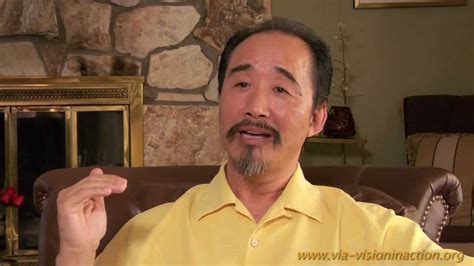A Quote by Margaret Cuomo
It's challenging to conduct studies of carcinogenic chemicals on humans, because it would be unethical to knowingly expose humans to high levels of potential toxins.
Related Quotes
When humans act like animals, they become the most dangerous of animals to themselves and other humans, and this is because of another critical difference between humans and animals: Whereas animals are usually restrained by the limits of physical appetites, humans have mental appetites that can be far more gross and capacious than physical ones. Only humans squander and hoard, murder and pillage because of notions.
Gnomes live ten times faster than humans. They're harder to see than a high-speed mouse. That's one reason why most humans hardly ever see them. The other is that humans are very good at not seeing things they know aren't there. And, since sensible humans know that there are no such things as people four inches high, a gnome who doesn't want to be seen probably won't be seen... Wings.
It is unethical not to know. It is unethical not to think. It is unethical not to love. It is unethical not to live an impassioned life. It is unethical not to attain greatness. It is unethical to succumb to the fear of envy and the conspiracy of mediocrity. It is unethical not to self-bestow genius. It is unethical not to be the first monkey.
Anytime someone uses one of my songs for anything - a ceremony or a sacred moment - that, to me, is a high honor. I'm proud of the song at that point because I'm trying to write something for humans - whichever humans want to get on board and put this in their soundtrack to their soul's development or spiritual lives.
Art and literature need extreme sociality to a degree that even dolphins don't have. We are the only large mammalian species that has such intense sociality. There are some small mammals that have become eusocial - the mole rats - but that's a different thing. Humans are able to understand one another at very high levels, to cooperate in very large groups. Humans depend on one another in ways that are an absolute precondition to sharing the kinds of information that makes narrative possible.
By the time of the Singularity, there won't be a distinction between humans and technology. This is not because humans will have become what we think of as machines today, but rather machines will have progressed to be like humans and beyond. Technology will be the metaphorical opposable thumb that enables our next step in evolution.

































